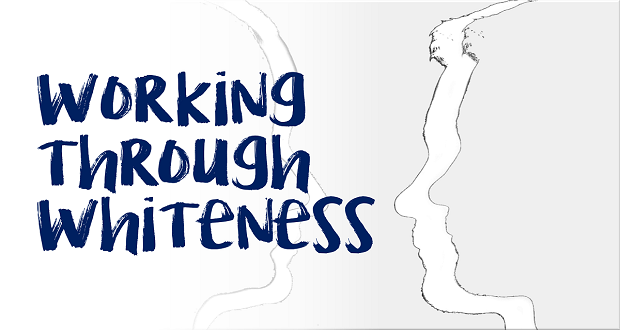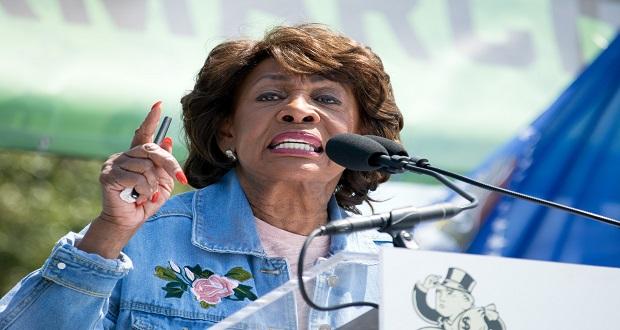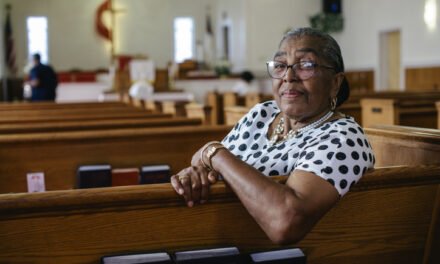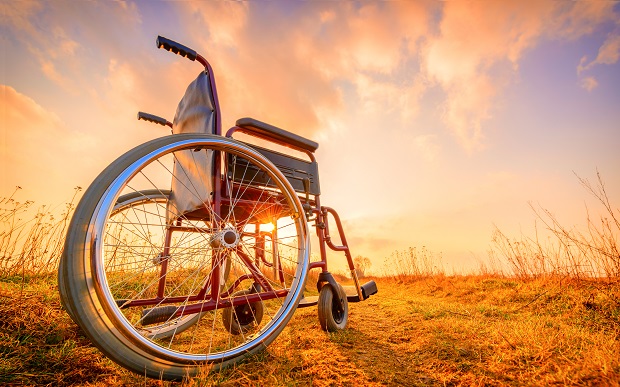
In the last Buzz column, I wrote about Kyle Korver and his thought-provoking post on the Players’ Tribune called “Privileged.” I shared three important steps that he seemed to have taken on his journey that are important for anyone to take on their own journeys towards being a white ally for racial justice: reflecting, listening, and taking accountability. Last week, at the Forum on Workplace Inclusion, my colleagues and I led a seminar called “Working through Whiteness” in which we asked participants to do the same thing; reflect on who you are and what it means for you to be white, listen to the experiences of others who do not share that experience, and take accountability for your own learning, your own actions, and your history.
At many points throughout the day of this session, I thought, “This is the work!” And at other points, I couldn’t help but have that nagging feeling that, “There is so much work left to be done…” It seems that this a constant dynamic in D&I and social justice work – that balance of affirmation and challenge, of feeling like you’re moving forward but still knowing that there are many standing still.
As my colleague in the session said (in jest) to the white participants in the afternoon of our session, “You don’t get a gold star for being here. That’s not what this is about.” She’s right – it’s not about gold stars or congratulations for doing the work. It’s not about being a “good white person” or having all the answers to the white supremacy and racism quiz. But it is about knowing the things you carry – the identities, the histories, the beliefs and values – and the ways in which the structures and systems of our world make it either difficult or easy to carry those things.
On the last day of the Forum, there was a morning general session featuring a former white supremacist and founding member of what became the largest racist skinhead organization in the world. He was joined by a man he is now friends with whose father was killed by a white supremacist terrorist at a Sikh temple in 2015, and the filmmaker behind White Right: Meeting the Enemy, a Netflix film that goes behind the scenes of the white supremacist movement. They discussed the importance of finding humanity in one another and reaching common ground.
If I’m being honest, on most days, I don’t have it in me to spend time trying to see the humanity in white supremacist terrorists. I just don’t. I am glad that there are people doing the work to expose and intervene in white extremist movements, but I’m just not sure I have that kind of compassion. Maybe I do, and I just haven’t reached deep enough yet. But what I will tell you is that I care deeply about our ability to name white supremacy — not just when we see white terrorists at Charlottesville, but within ourselves and within our organizations.
White supremacy has become synonymous with the KKK and groups like it, but white supremacy more often than not is a wolf in sheep’s clothing. White supremacy defined is simply, “the belief that white people are superior to those of all other races, especially the black race, and should therefore dominate society.” And while we may not be shouting this belief at the top of our lungs, are we willing to sacrifice our hold on power in order to create a more inclusive world? White supremacy is the policies that advantage white people in the workplace while disadvantaging people of color. White supremacy is the norms we live by—like beauty standards, expectations of professionalism, and the vague descriptions of “executive presence” — that revolve around whiteness. It is the foundation of every system and institution in the U.S., big and small, and until we can name that, we have no way of transforming power structures to be more equitable and just.
White supremacy is the foundation of every system and institution in the U.S., big and small, and until we can name that, we have no way of transforming power structures to be more equitable and just. Click To TweetJust ask residents of Flint or Puerto Rico as the President promises money to France to help repair Notre Dame.
Just ask Black mothers, whose risk of losing their babies to preventable causes in the first year of life is 2.2x higher than white mothers.
Just ask the one in 13 Black Americans who does not have the right to vote due to past convictions, in a country where we imprison Black men at disproportionately high rates for non-violent offenses.
Just ask Native Americans in this country who are two-times more likely to live in poverty on land that was stolen from them.
Should I bring it down just a notch?
Ask the Black women who experience significant rates of hair bias in the workplace just for wearing their natural hair.
Ask young Asian American workers, who despite belonging to a group that is more highly educated and has a higher median income than any other racial group, are least likely to be promoted to management.
Ask the 76% of Latinx employees who expend energy repressing parts of their personas in the workplace.
These are not just issues of diversity and inclusion – these are issues of white supremacy. And we must get better at naming that. Making strides towards equity demands it.
So, what do we do? We start with ourselves because it many ways it’s the only thing we can do. Consider: What are the things you carry? The identities, biases, privileges, histories, beliefs, values? How do you carry them? Does the world make it easier for you to carry those things than it does for others? What can you do in your sphere of influence to change that?
The common thread I found through our whiteness session and the general session on white supremacy was the need for radical love. For those of us who are white, or for anyone with any kind of dominant group power in our society, we need to learn to love ourselves better, not for the things that make us “superior,” but for the things that make us human. Only then will we be able to love our “others” with fullness.
For those of us who are white, or for anyone with any kind of dominant group power in our society, we need to learn to love ourselves better, not for the things that make us “superior," but for the things that make us human. Click To TweetI will leave you with the James Baldwin quote I left participants with at the end of our session:
“White people…have quite enough to do in learning how to accept and love themselves and each other, and when they have achieved this — which will not be tomorrow and may very well be never — the Negro problem will no longer exist, for it will no longer be needed.”
James Baldwin in The Fire Next Time, 1963


















